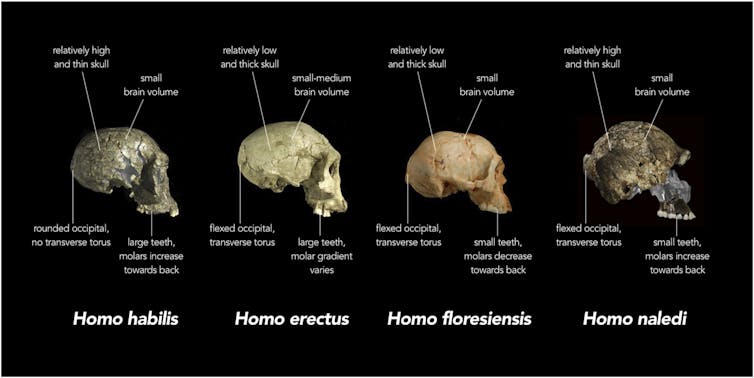A new report from the Queensland Resources Council (QRC) has revealed skilled worker shortages, government policy settings, rising costs and global economic conditions are among the main concerns for resources companies operating in Queensland.
They’re among the key findings of QRC’s quarterly check of industry sentiment on the future outlook for the resources sector in Queensland through a State of the Sector survey of company CEOs.
QRC Chief Executive Ian Macfarlane said the report reveals a number of key obstacles stand in the way of Queensland capitalising on emerging opportunities from the global push to a lower emissions future.
“The world is looking to Queensland, amongst other countries, to meet surging demand for critical minerals like copper and nickel to build the batteries, solar panels and electrical vehicles of the future, which will be central to achieving ambitious decarbonisation targets,” Mr Macfarlane said.
“To meet global demand, however, significant new investment is required in Queensland but right now, that’s under a cloud because of recent, sudden changes in economic policy.
“At the same time, member company CEOs are reporting increasing concerns over rising costs and global economic conditions are impacting business confidence.
That’s why all levels of governments need to do what it can to actively encourage the next wave of resources investment to keep the Queensland economy strong.
“Instead, we’ve seen the opposite, with the State Government’s decision to impose the world’s highest coal royalty tax rate adding to companies’ rising costs and threatening future investment in Queensland projects,” Mr Macfarlane said.
“Amid heightened concerns about the global economic outlook, a better approach would be for Queensland to offer stable and consistent policy settings to attract long-term investors in a competitive market, both in Australia and internationally.”
While resources CEOs say the move to a lower emissions future will create opportunities for growth, the QRC report identified the skilled worker shortage as a growing concern for companies.
“More than half of CEOs say the move to automation and digitalisation will mean more jobs, however 95 per cent say a shortage of skilled workers will affect productivity and profitability,” Mr Macfarlane said.
“With demand for graduates in science, technology, engineering and maths (STEM) related degrees forecast to increase by 25 per cent over the next five years, one positive is that companies are individually taking action to attract and retain workers.
“Along with their ongoing support for the QRC’s educational arm, the Queensland Minerals and Energy Academy, which delivers workshops to promote career opportunities in resources almost 100 schools each year, resources companies are increasingly conducting their own local campaigns to recruit new graduates to the sector.
“It’s encouraging to see the industry taking action where it can to support new opportunities for all Queenslanders from the growing global market for our new and traditional minerals,” Mr Macfarlane said.
“However, as this report reaffirms, there is an urgent need for the Queensland Government to improve its policy settings so the resources sector can continue to drive the job opportunities and economic success that benefits every Queenslander.”








